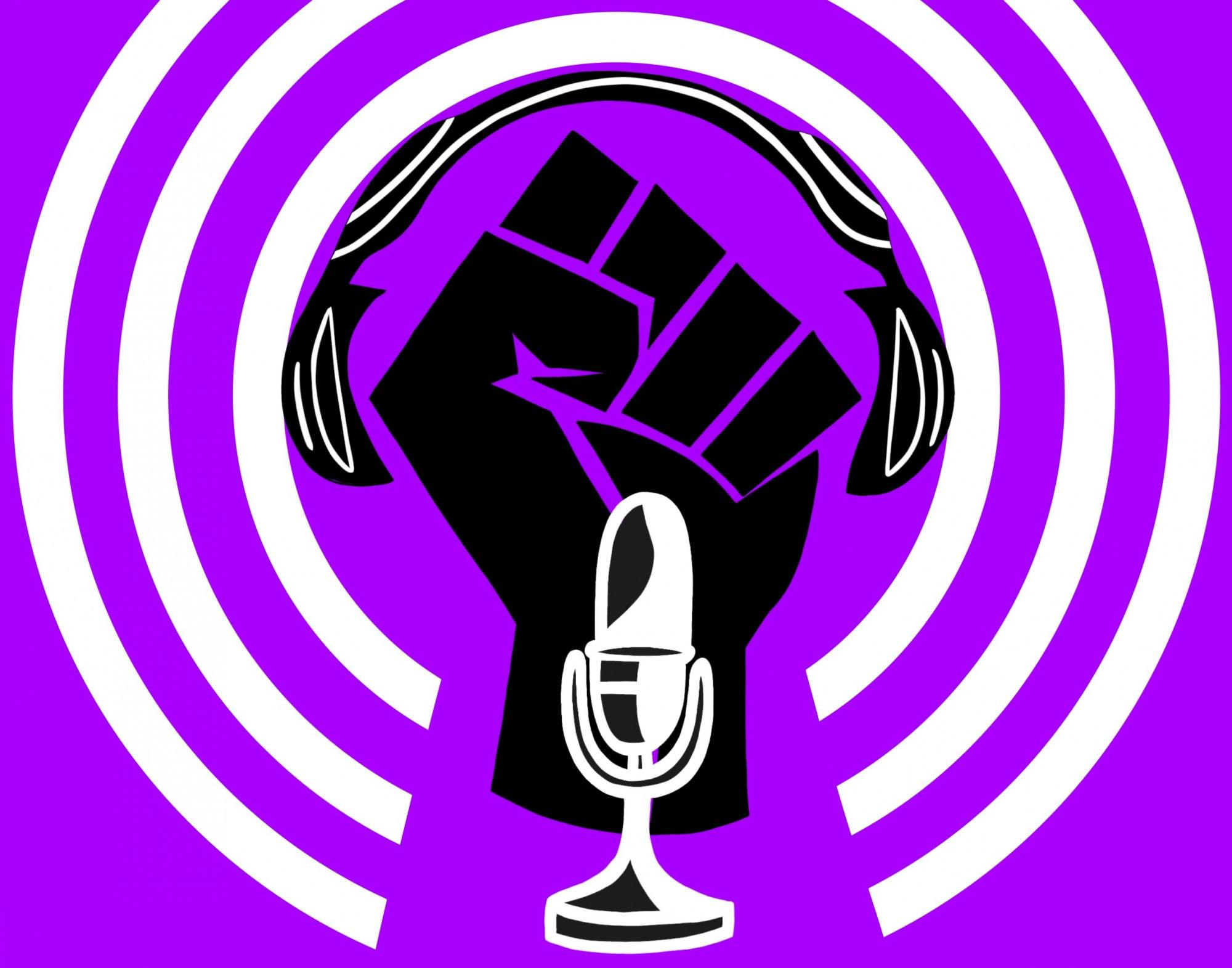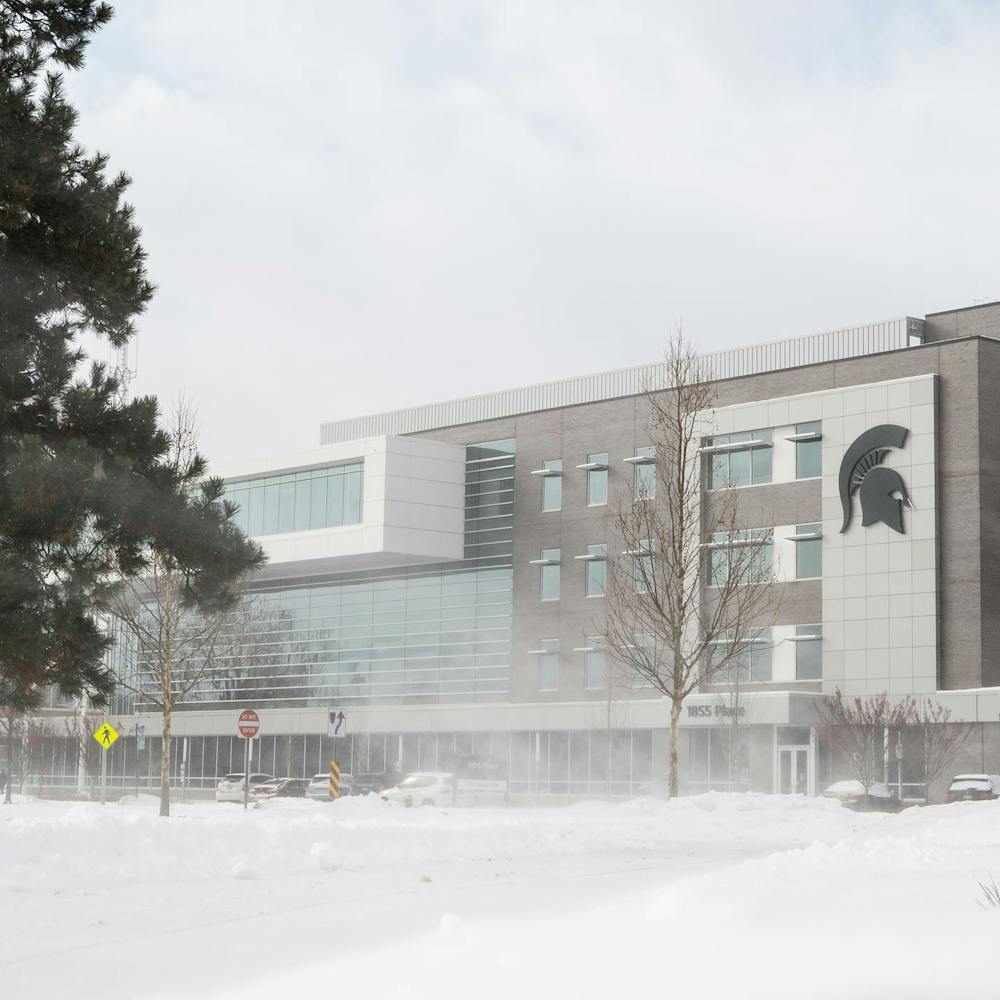Podcasts: A form of media that seemingly popped up recently due to the streaming service craze and the public's attention span slowly slipping away, leaving us to not be able to even look at a person when hearing them explain a topic. However, podcasts have also become one of the most popular tools for spreading information to the public in an engaging way.
"It helps educate the population," Ronald Hall, professor of social work and expert in racism and colorism, said.
These podcasts have been found to be the perfect way for African American storytellers to provide their perspective by not only educating, but by reflecting for themselves.
One of the podcasts that Hall recommended include his topic of expertise: colorism. "Shadeism," created by Amrit Dhillon, covering the issues of skin color discrimination rather than focusing on racism, in which Hall, who listens to many podcasts on the topic, believes that Dhillon speaks on with eloquence and education.
“A person that's educated has a moral standard about themselves, who’s knowledgeable, who’s well-read, that’s the kind of person I lean towards,” Hall said.
Teresa Mastin, the chair of Advertising and Public Relations, appreciates the various stories that these ethnocentric podcasts have in store, listening to both political podcasts to understand the climate of public affairs, and listening to comedy shows with a lighter touch.
Mastin highlighted the "hey, girl." podcast as one of her favorite podcasts. The show highlights not only race, but also sisterhood and powerful women.
She also expressed her interest in "This American Life," which provide insight into many facets of human life, yet she seemed to remember the episodes with a Black-focused plot such as explaining the redlining occurring in Chicago and a story of a Catholic woman explaining to children of her church that Jesus theoretically looked a lot more like them than the white-washed version that the church usually focuses on, bringing a more hopeful diversity to the congregation.
"I don’t just listen to Afrocentric podcasts, but they fill a need … sometimes you just want to comfort and familiarity of home," Mastin said.
During her childhood, Mastin explained that books had been able to be her exploratory way of traveling and experiencing. She now thinks that podcasts can do the same for this generation, even encouraging the idea of podcast book clubs.
Geraldine Zeldes, a journalism professor and Faculty Excellence Advocate for MSU with an expertise in race coverage, also explained that her knowledge on podcasts have been extremely influenced by her studies and experiences with students.
Zeldes said that while she did not have a grasp on these shows before, a student introduced her to a podcast by Revolt called "Drink Champs," where only lighthearted and slightly boozed conversation occurs, but with some of the most influential Black influencers such as Big Sean and Alicia Keys. While comical, it also highlights the less heavy topics in Black storytelling.
Zeldes was also a fan of a more broad topic scope, suggesting the "1619" podcast from New York Times, covering the importance of race theory throughout history.
While these podcasts fit a wide range, they are all essential to what creates a community: diversity, which is something Hall emphasizes we can never have enough of.
"It's a whole other resource … if people are trying to get perspectives than their own in the privacy of their own home,” Mastin said.
However, Hall also finds a problem with podcasting: it holds the same subjectivity that the host, or even the whole internet, has. He emphasized the recent problem with Joe Rogan, who has been on blast on social media for releasing disinformation, yet not being discarded from streaming platforms for doing so. Hall explains the danger in this coming from at least one audience resonating with something that spreads falsehood.
“99 percent won’t believe it, but there will be one person who will agree with you," Hall said.
While this fear still sits high on the totem pole, he also said he believes many African Americans won't allow for this disinformation to spread, being a community that speaks up for themselves and are less passive than other cultures that may not encourage speaking out on injustice.
However, Mastin still sees these podcasts as a movement of the future rather than something to push back on — inclusion through the sometimes dreaded freedom of speech on the internet.
"(Podcasts are) just to have places to go where it's logical and people who actually focus on various topics can basically say … let me break this down like I’m talking to a fifth grader," Mastin said.
With this optimism, Mastin still has hopes for the future to look even brighter with conceded efforts from both the public and other forms of media promoting storytelling of different cultures, but especially when highlighting Black History Month.
"I’m beginning to think: Do people really want this or do they just want to say that they support it and then maintain the status quo?" Mastin said. "Make a conscious effort and hold yourself accountable and everyone who is a part of it."
Support student media!
Please consider donating to The State News and help fund the future of journalism.
Mastin also suggested this list of 100 Black Podcasts to explore for any avid listeners during this important month, and any time, of race reflection and inclusion in media.
Discussion
Share and discuss “Exemplifying storytelling from podcasts during Black History Month” on social media.







